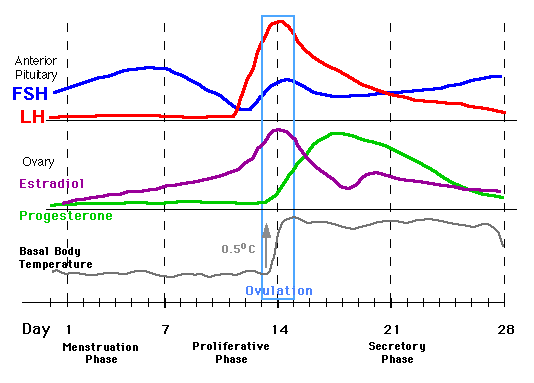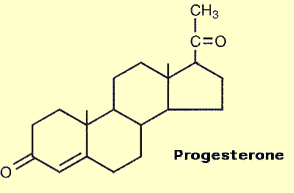 You know when you’ve been sick for so long, you’re obsessed with finding out why? One of my favorite things to do when I can’t sleep is research health topics. I’m an insomniac who researches sleep disorders in the wee hours of the morning so I can try to make some sense of why I’m extremely exhausted, yet can’t sleep. I read book after book about overcoming depression, and follow the suggestions and mental strategies…yet I still struggle with keeping a consistent, happy psyche. Over the last six months, I’ve been having unbelievable mood swings, going from elation to devastation in a single conversation. It’s been VERY hard to deal with.
You know when you’ve been sick for so long, you’re obsessed with finding out why? One of my favorite things to do when I can’t sleep is research health topics. I’m an insomniac who researches sleep disorders in the wee hours of the morning so I can try to make some sense of why I’m extremely exhausted, yet can’t sleep. I read book after book about overcoming depression, and follow the suggestions and mental strategies…yet I still struggle with keeping a consistent, happy psyche. Over the last six months, I’ve been having unbelievable mood swings, going from elation to devastation in a single conversation. It’s been VERY hard to deal with.
So I started researching what could be causing my mood swings, insomnia, inability to lose weight, etc. And suddenly a light blinked on in my head – It’s my hormones! After discussing symptoms with my primary care doctor and OBGYN, I was frustrated when they told me to come back in 6 months if the symptoms persisted. “Hormone swings are cyclical…” yadda yadda yadda. I suffered for several months, fairly certain that it was a hormonal imbalance…but not really getting any help from my doctor.
I started talking to people here and there, trying to get a gauge for the possibility of someone at my age with hormone imbalances. I got a referral to a doctor who specializes in hormone and metabolic disorders, but had to wait over a month to be seen. Last week was when I was finally able to get in to see Dr. Lundell. He had me mark a list of 20 different health concerns (brittle nails, libido extremes, inability to regulate temperature, hair loss, hirsutism, insulin resistance), and after the third checkbox, he said “I already know the problem. You have a progesterone deficiency, specifically in the secretory/luteal phase.”
 Low progesterone effects brain chemicals that leads to depression, lethargy, mood imbalances and irritability. Low progesterone impacts a calming chemical called GABA, and there’s a decrease in pain-reducing corticosteroid production. A drop in progesterone can also cause women to feel more pain. When progesterone levels decrease, adrenal glands should take over and produce it. Most common symptoms of progesterone deficiency: inability to lose weight, depression, headaches and PAIN. (Check, check, check, check!)
Low progesterone effects brain chemicals that leads to depression, lethargy, mood imbalances and irritability. Low progesterone impacts a calming chemical called GABA, and there’s a decrease in pain-reducing corticosteroid production. A drop in progesterone can also cause women to feel more pain. When progesterone levels decrease, adrenal glands should take over and produce it. Most common symptoms of progesterone deficiency: inability to lose weight, depression, headaches and PAIN. (Check, check, check, check!)
So he ordered a battery of lab tests, set me up on hormone replacement therapy, and said that within a month I should be able to sleep through the night, my metabolism will spike up, mood swings will diminish, I’ll be able to decrease my dose of antidepressant and other lovely things. I am feeling optimistic about my new course of treatment.
It’s reassuring to know that I’m not crazy, it’s just my hormones.
